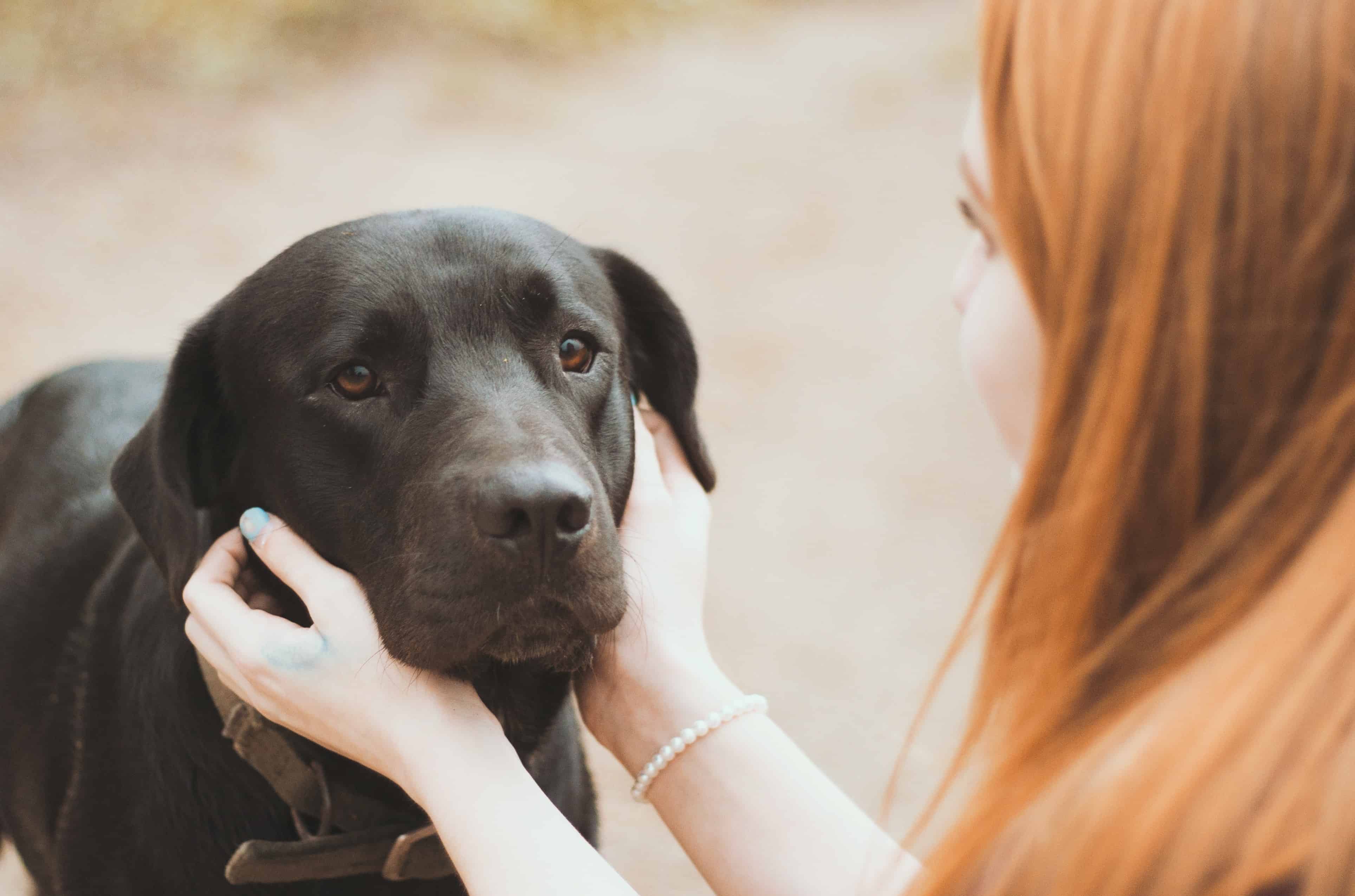Like humans, as our pets get older, it is important to ensure they remain in tip top shape for as long as possible to continue doing the things they love every day. This means that pets can require special care as they age to prevent and address problems that commonly affect senior cats and dogs.
What classifies a pet as a senior?
Did you know that animals age ~7 times faster than humans? Pets are classified as middle-aged/senior citizens when they reach 7 years of age and older. A 7 year old pet is close to 40-50 in human years. As pets age, they become more prone to developing diseases. These diseases include arthritis and cancer. It is important to seek routine veterinary care for your pet. This allows your veterinarian to examine them and perform tests that can be used to help catch diseases early. Your veterinarian can also give advice to help your pet live a happy life for as long as possible.
What are common problems seen in older pets?
Arthritis
As pets age, the most common issue seen is “slowing down,” which is typically due to arthritis (joint pain). Your veterinarian will examine your pet. They may take x-rays and prescribe pain medicine to help your pet feel more comfortable. This medicine can help your pet feel like their younger selves. However, these medications have a small risk of side effects that can affect your pet’s internal organs. Often, your veterinarian will recommend routine screening bloodwork, just like in people, to ensure your pet remains healthy and able to continue to take these medications. Modifications to your house to help your pet on stairs or onto couches/beds (such as ramps) can also be used to make your pet feel better.
Weight changes
Another common issue in older patients involves their body weight. As patients become older, they may become less active. This can make them prone to obesity. Maintaining a healthy body weight is the best way to prevent and treat arthritis pain in pets. Other times, older patients may experience weight loss due to a possible underlying problem or dietary deficiency. Sometimes your veterinarian will recommend placing your pet on a specialized diet to help them either gain (using a senior or specialized diet) or lose (using a high fiber diet) weight.
Comorbidities
Older pets may also be more prone to diseases such as cancer, heart disease, liver disease, kidney disease, thyroid dysfunction, or other metabolic diseases. These disorders may cause your pet to drink a lot of water, lose weight, be hungrier, or feel sick and not want to eat. Your veterinarian may recommend seeing your pet more frequently for routine checkups as they age. They may perform screening bloodwork to check for these diseases and keep them as healthy as possible.
Behavior
Pets, like humans, may have behavioral changes as they age. They can sometimes develop diseases that affect their mind, similar to dementia in people. Interacting with your pet to keep them engaged is beneficial. This can help keep their mind working and thinking well as they age. If you notice your pet does not seem interested in their usual activities, begins wandering/vocalizing at night, is not seeming to recognize you or is otherwise acting abnormal, contact your veterinarian.
Dentistry
Taking care of your pet’s teeth is another component of allowing them to live long and healthy lives. Dogs and cats can not brush their teeth like humans do unless we help them. This can cause build up on their teeth called “calculus”. Calculus can lead to gross infections in their mouths which are painful, and can even cause their teeth to fall out. By having your veterinarian perform routine dental screenings/cleanings, your pet’s mouth will feel better and they will be able to eat better and have less smelly breath.
In summary, as your pet grows older, it is important to keep a close eye on their normal behaviors, actions, and food/water intake – don’t contact your veterinarian if you notice anything out of the ordinary – they are there to help!

